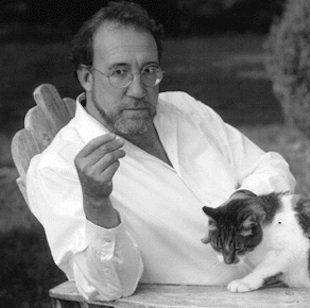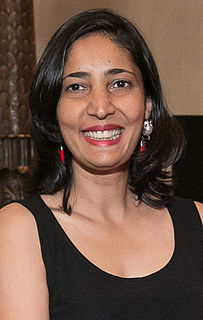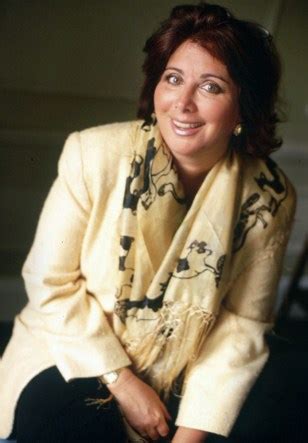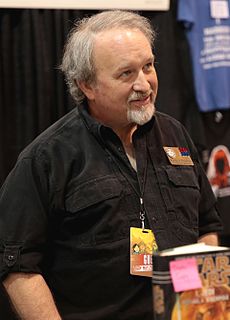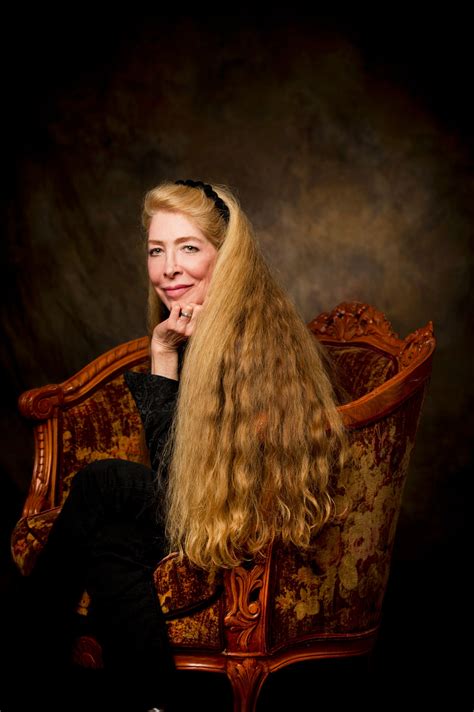A Quote by Donald E. Westlake
All of the changes in publishing since 1960 are significant. There are far fewer publishers.
Quote Topics
Related Quotes
As far as your personal requirements are concerned, the ideal is to
have fewer involvements, fewer obligations, and fewer affairs,
business or whatever. However, so far as the interest of the larger
community is concerned, you must have as many involvements as
possible and as many activities as possible.
Publishing is no longer simply a matter of picking worthy manuscripts and putting them on offer. It is now as important to market books properly, to work with the bookstore chains to getterms, co-op advertising, and the like. The difficulty is that publishers who can market are most often not the publishers with worthy lists.


